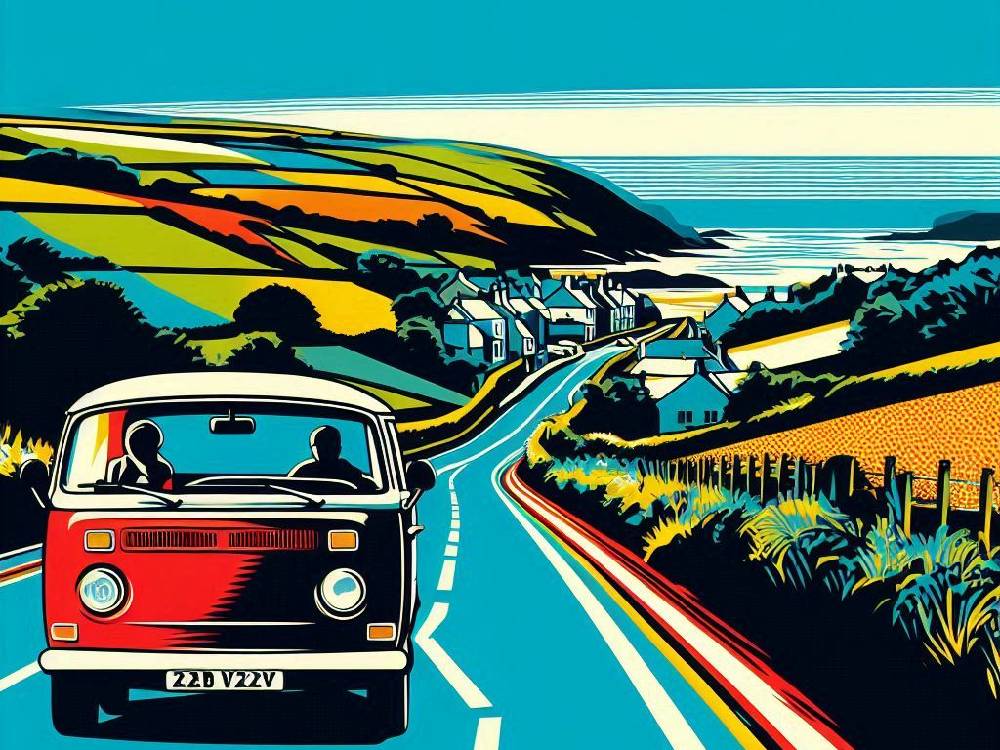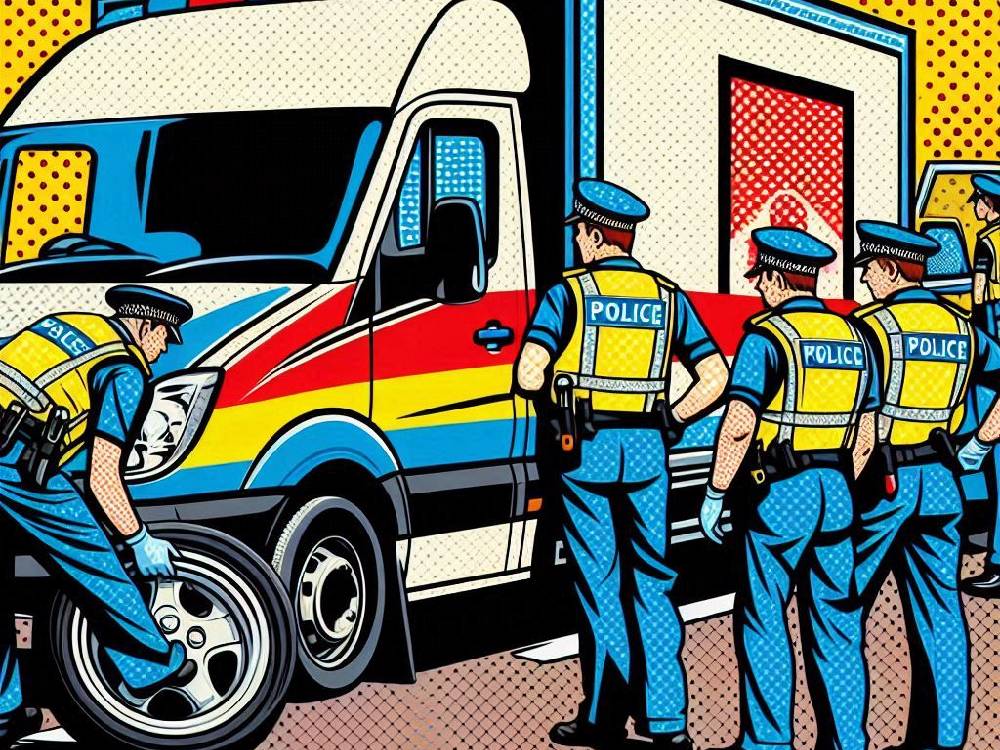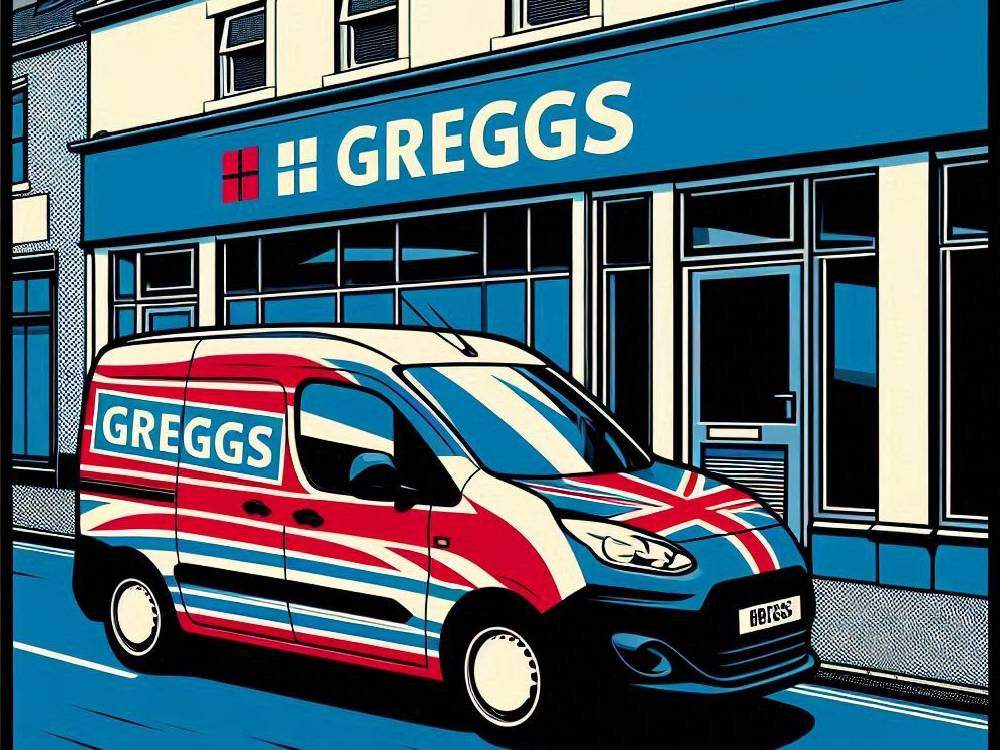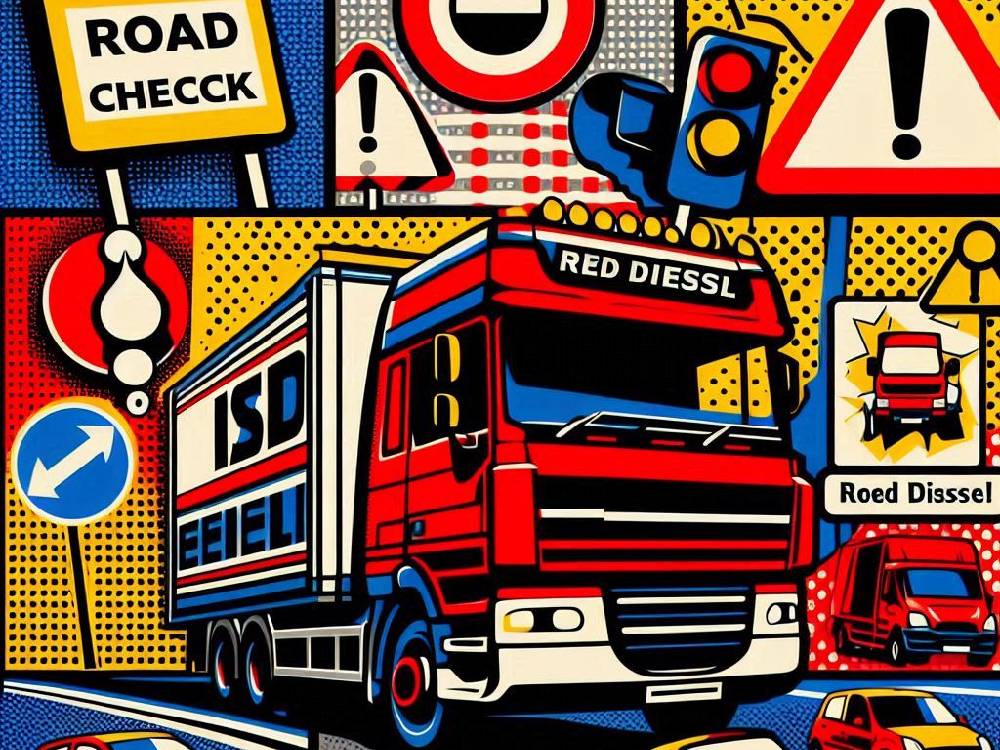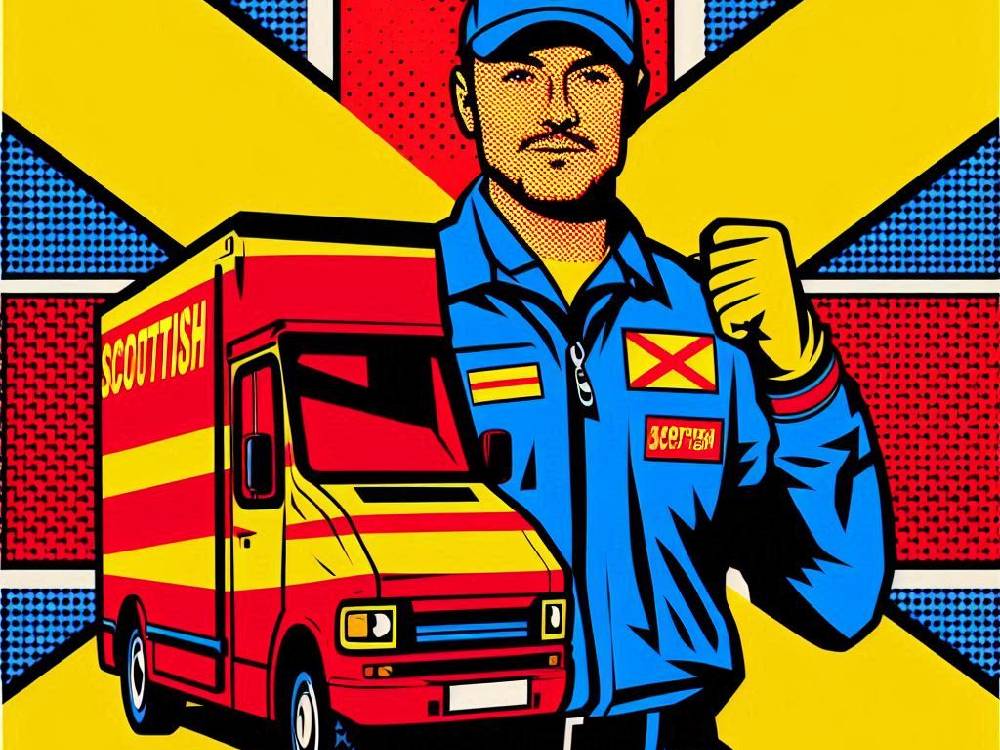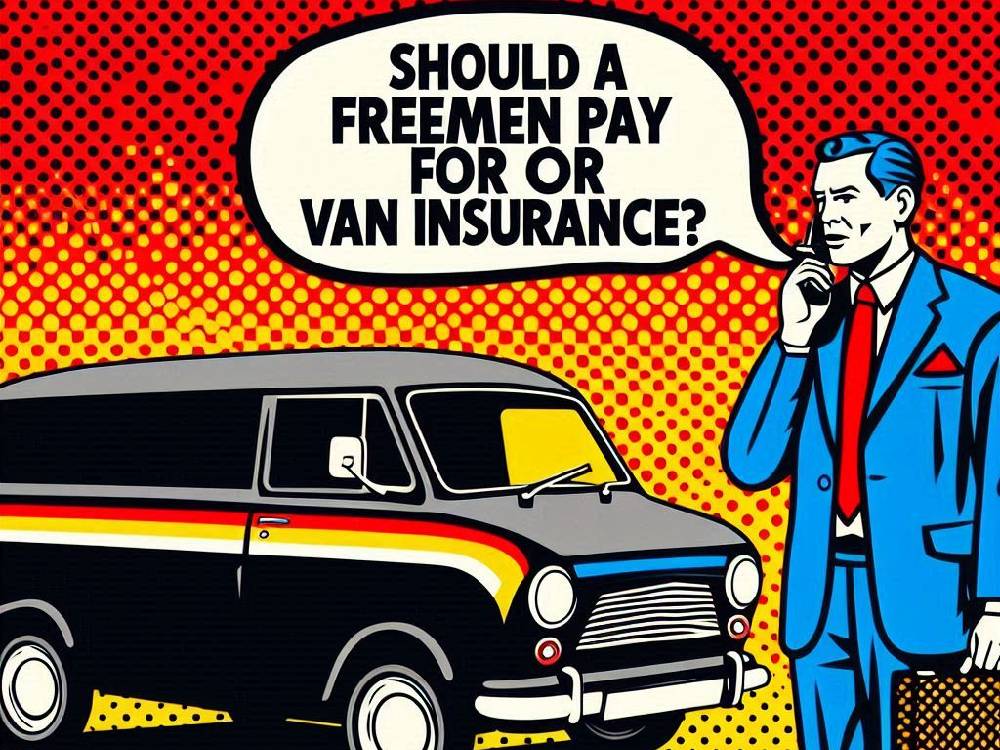Van Insurance…
Okay, we realise how silly the title of this week’s blog post sounds.
But dear readers, we simply could not resist reporting on this story from Cornwall that took place a few days ago.
Enjoy…
Some scenes may have been dramatised for effect.
I’m feeling good: Scene 1
Imagine the setting:
You’re driving along a picturesque Cornwall road.
Meanwhile, the landscape unfolds beautifully around you.
The weather is lovely, and you’re looking forward to having an ice cream later.
But wait!
A copper is signaling for you to pull over.
What could possibly have gone wrong, eh?
However, it appears there is indeed a valid reason for this unexpected stop.
As you signal to pull up by the kerb, you think of the best excuse you can muster because you know exactly what the police are about to ask for.
You ensure your poker face gives nothing away.
Actions speak louder than words: Scene 2
“So fella, we can’t seem to find any insurance on your van.
Can you explain that?”
Words fail you, despite having tried desperately to come up with a palpable excuse.
Several reasons flit through your mind, but none of them suffice.
Consequently, there is only one option left.
You’re going to have to resort to using a technicality.
“Well sir, I have received a van insurance quote.
Surely that’s valid?”
You flutter your eyelashes, hoping with all your might that you look as cute as your neighbour Marge’s new puppy.
Unfortunately, and predictably, it doesn’t work.
Even though you’re a company director.
This is outrageous.
The audacity!
How dare anyone question the status of your van insurance?
Technicalities don’t prosper: End scene
You can imagine this tale doesn’t end well, and you would be right.
The van was seized.
Contrary to popular belief (or not), simply having a quote for insurance, doesn’t actually mean you’re insured.
We know, we were amazed to find this out, too.
(Just kidding – we’d be awful at our jobs if that was the case).
What this poor fella needed was 3 minutes of his time to fill out our form.
He would have then received several cheap van insurance quotes from reputable providers.
His next step would have been to, of course, actually proceed with taking out and arranging payment for a policy.
Don’t be like this guy, and save on your van insurance costs with us.
Otherwise, you may find your own sorry tale playing out.

